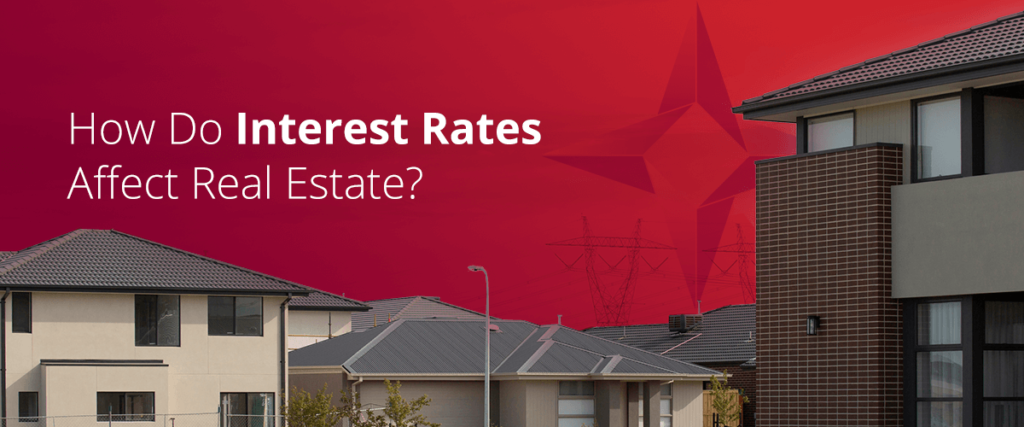Commercial real estate rates are affected by changes in demand, inflation, the state of the market and overall economic costs.
In 2020, all interest rates — the U.S. Federal Reserve prediction for overnight lending rates by banks and credit unions — hit an all-time low. Rates have only recently begun to rise with the Federal Reserve announcing a 0.50% increase in short-term interest rates, so what does this mean for real estate investors, developers and their properties?
Rising Interest and Real Estate Investors
When the home loan rate rose in the past, housing became more expensive. These increased rates meant demand would decrease, forcing housing costs to go down.
However, this trend is not currently happening — instead, the demand is still increasing due to several factors, such as millennials searching for houses and historic lows in single-family homes.
Something to keep in mind is that these risky rates are for short-term investments. Deciding to invest in long-term real estate is still a safe option — especially multifamily rental properties.
Interest Rates and Real Estate Developers
Rising interest rates hit real estate developers in several ways. As their investment property loans impact developers, they also have to handle the property resident’s supply and demand pressures.
A real estate developer must focus on the overall market. With the current interest rates in mind, there’s a slowdown in families purchasing new homes as they become increasingly expensive. Single-family homes can suffer. However, multiplexes or apartment complexes will thrive in such a market.
Interest and Rental Properties
There’s a reason why rental properties are a worthy investment. Even if families have postponed searching for a primary residence, they still need a place to live.
The higher mortgage on single-family properties causes the shift of supply and demand toward multifamily properties. Lending standards increase as interest does, so buyers who cannot qualify for a mortgage on a primary residence have to search elsewhere.
Factors to Consider With Multifamily Investments
You may want to invest when multifamily properties are hot on the market. However, there are additional factors to keep in mind, including:
- Constantly shifting market: Interest rates affect changes in supply and demand. These fluctuations can result in demographic changes as well — when single-family homes are too high, there can be a sudden shift from the suburbs to the city. Many people may move locations altogether.
- Current financing structure: Interest rates only strongly impact short-term investments. Long-term remain safe — for now. Higher yields can reflect higher inflation in the long term.
- Know your market: Above all, make sure you know your local market. Real estate is primarily localized, so look at your audience and contact an investment company before making your decision.
Open an Account with Accuplan
At Accuplan, we have played a significant part in several investment successes. Our experts are committed to trusting and secure services for every customer interested in investing their retirement assets into real estate. For more information on how to get started, open an account with Accuplan today.

